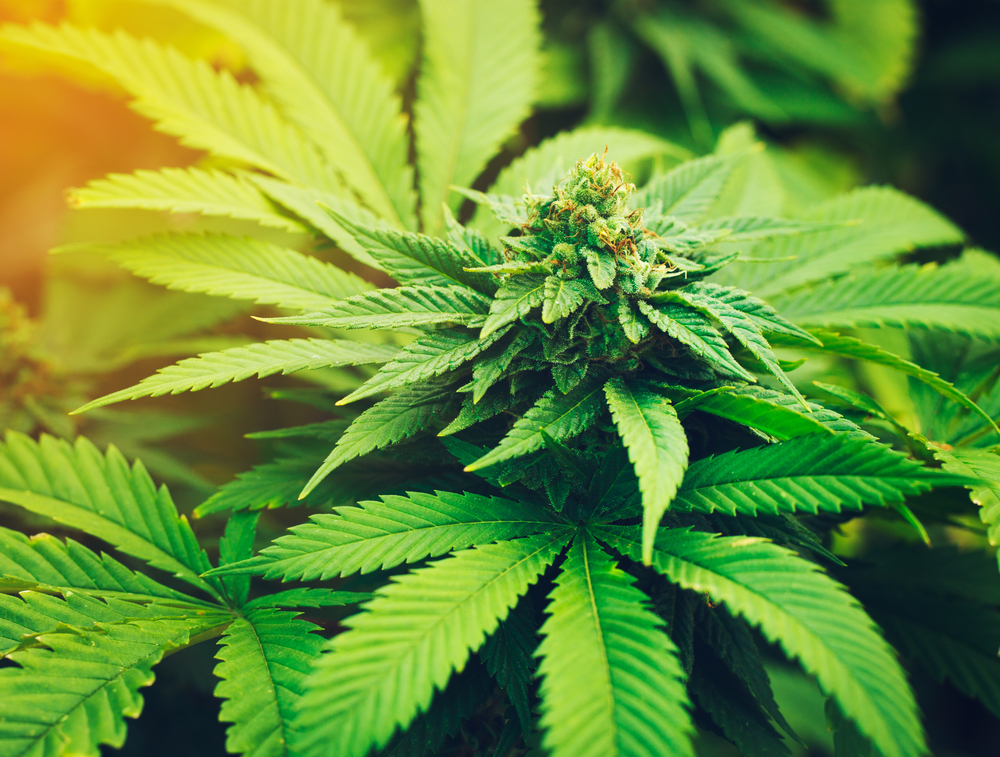InMed Announces Progress on COPD Treatment Using Cannabinoids

InMed Pharmaceuticals announced that its research and development program using cannabinoids for the treatment of chronic obstructive pulmonary disease (COPD) has made new progress.
The company initiated its COPD program in June 2015, leveraging its bioinformatics analysis tool to identify the targets and potential active compounds that could be used to treat COPD. The biopharmaceutical subsequently demonstrated, with in vitro assays using human lung fibroblasts (the HFL-1 cell line), that certain cannabinoid compounds were capable of affecting a specific protein in the biochemical pathway leading to the healing of fibrosis in the lungs.
“Taking into consideration the impact of this specific protein’s role in lung tissue remodeling and fibrosis, these preliminary data are important and promising for developing cannabinoid-based therapies for COPD,” Sazzad Hossain, InMed’s chief scientific officer, said in a press release.
Researchers have observed that cannabinoids can be bronchodilatory, immunosuppressive, and anti-inflammatory, suggesting that cannabinoid-based therapies might offer safer and more effective treatment options for COPD.
“We continue to make significant scientific progress that further validates InMed’s proprietary bioinformatics analysis tool as a cost-effective way to identify drug-disease targets and expedite their validation in pre-clinical models,” said Ado Muhammed, InMed’s chief medical officer.
“In addition to our primary drug development programs in epidermolysis bullosa and glaucoma, we are pleased to continue to expand the role of cannabinoids in other disease areas,” he said.
Recent research has indicated that cannabinoid-based therapies might be effective in ameliorating the most important symptoms of COPD. THC (tetrahydrocannabinol), the active ingredient in the cannabis plant, has been shown to exhibit a bronchodilation effect for up to two hours after administration.
Targeting the heightened COPD-induced immune response in the lungs, THC mobilizes myeloid-derived suppressor cells (MDSCs), a group of white blood cells that inhibit T-cell proliferation and activation.
Cannabinoids also exhibit anti-inflammatory effects through the inhibition of COX-1 and COX-2, two inflammatory enzymes.
Additionally, studies have suggested that cannabinoids might help promote better sleep, support the immune system, work as an expectorant, relieve pain, and have anti-microbial properties.
Because smoking marijuana is harmful to respiratory health, COPD patients can choose cannabinoids in other methods besides smoking, like vaporizing or mixing them with food.






